Hi dear listeners/readers,
This week I’m back with a combo of a little GOL freestyle plus an audio essay. Will I keep it up? Who knows? For the moment, I’m just following what feels good. But I so appreciate you being here.
“Tend” is a word my therapist flagged recently, one I’d used to describe my relationships. I didn’t find it unusual: aren’t our relationships another kind of garden, one that flourishes with attention? Maybe others are less inclined to plant-based metaphors. What I know is the world needs attending to, and that “attention is the beginning of devotion,” as Mary Oliver wrote.
According to the Oxford English Dictionary, the words tend and attention both have their roots in the Old French atendre, which is literally to stretch. And I like this idea, that tending is a kind of stretching, the way plants stretch toward the light. We reach toward what needs care. It’s also close to attendre, to wait, and to entendre, to hear/listen, and in tending there are both.
I like the proximity of tend and tender, which is to say soft, gentle, caring. It can also mean being too sensitive to pain, which is, to be honest, something I’ve felt a lot in the last couple years. It is a very difficult time in the world to be tender. But hardening is too high a price. “Tend and be tender,” wrote gardener
, words I have up on my wall, a kind of mission statement I need reminding of.Tending fosters tenderness. Who has not come to see something differently after sustained attention? The fact that most modern Western humans spend less time in nature partially explains how we’ve been able to stand by its ruthless exploitation: we’ve haven’t attended and tended to it enough to really be in relationship with it, to feel those essential stirrings of devotion.
Tending is akin to caregiving, but seems lighter to me — perhaps it diffuses some responsibility, some sort of hierarchy. I had some spikes in caregiving last year that overwhelmed my system. Tending offers a little more space. In the context of the garden it asks, “What does this plant need? How can I help it thrive?”
I feel great tenderness toward plants, especially in the springtime, when these tiny spring ephemerals push through the cold soil, open their petals to the rare sunshine.
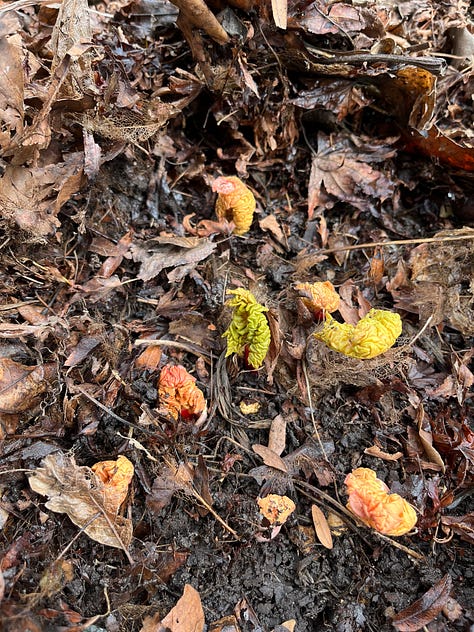
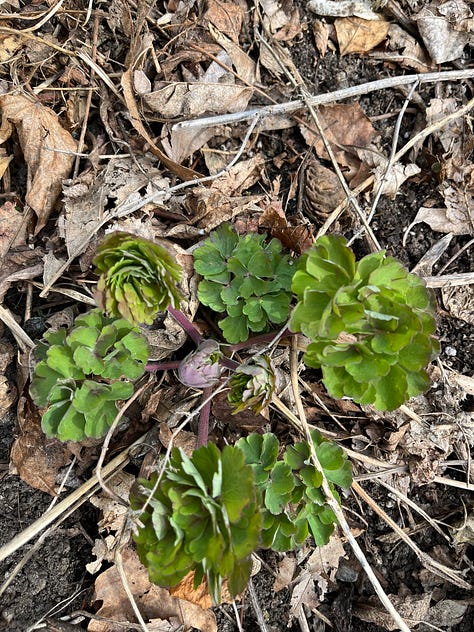
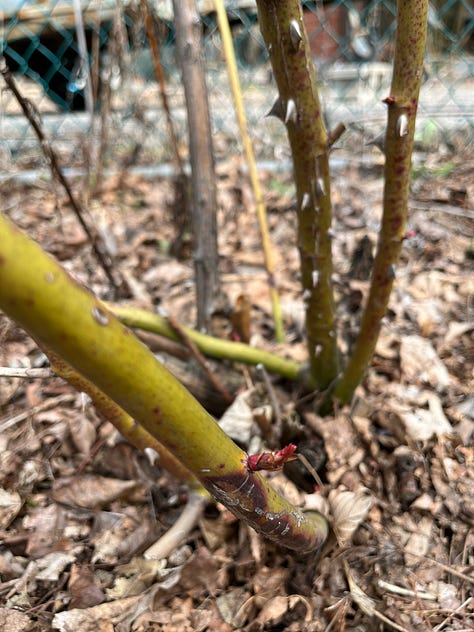
The garden looks mostly like a rectangle of stalks and dead leaves at the moment, and there’s not much to do out there. In fact, it’s important not to do much, so as to not disturb the overwintering pollinators — this is the time of year where a gardener’s energy far outstrips the work to be done (late summer can be the opposite). Last weekend I was out delimbing the Christmas tree for mulch and turning the compost when I noticed the most wonderful gift: a single snowdrop that had rooted and bloomed by the composters. I didn’t plan or plant it, it likely arrived in the bags of leaves I gather every fall from my neighbours.
Last time I told you about my deep love of snowdrops, and then, there one was. It’s enough, almost, to make me believe in signs. I want to build an altar around this snowdrop (though for now I’ve just put a tomato cage around it). In fact, I might take up a little natural altar practice this year, or at least challenge myself to arrange something beautiful each week: I know nothing more worthy of my worshipful attention.
So I leave you, this week, with a question: What needs tending? In you, in this world? Tending can be a gentle orientation, maybe even a calling.
Otherwise this week, I’m . . .
Savouring: The fresh green growth of tulips and daffodils. The first hellebores opening in the garden.
Tending: I’m mostly tending to my indoor seedlings, many of which are still at the early, stages, but the intoxicating scent of tomato leaves has begun. I’m also rooting houseplant cuttings for two upcoming plant swaps I’ll be running: one in partnership with the Good Swap on May 14th (registration coming soon), and my usual at Karma Co-op on May 17th (no registration required, just show up between 1 and 3). I also, uh, rehomed a bunch of spring bulbs from a house that is being demolished. They seem to be adjusting well to their new location on the front lawn, beside the pollinator garden. That said, there’s a possibility the tulips will be red, which means they’ll need to be rehomed somewhere else . . .
Harvesting: The tops of green onions.
Cross-pollination
One of the Mary Oliver poems that have made me cry this year.
In Blackwater Woods
Look, the trees
are turning
their own bodies
into pillars
of light,
are giving off the rich
fragrance of cinnamon
and fulfillment,
the long tapers
of cattails
are bursting and floating away over
the blue shoulders
of the ponds,
and every pond,
no matter what its
name is, is
nameless now.
Every year
everything
I have ever learned
in my lifetime
leads back to this: the fires
and the black river of loss
whose other side
is salvation,
whose meaning
none of us will ever know.
To live in this world
you must be able
to do three things:
to love what is mortal;
to hold it
against your bones knowing
your own life depends on it;
and, when the time comes to let it
go,
to let it go.
Before I go, I want to take a moment to thank those who showed up to listen to an episode after a long silence, and who sent kind notes or told me the birds that their loved ones became. Your responses are little metaphorical snowdrops in my garden.
Take care out there tender ones,
xo
Jen




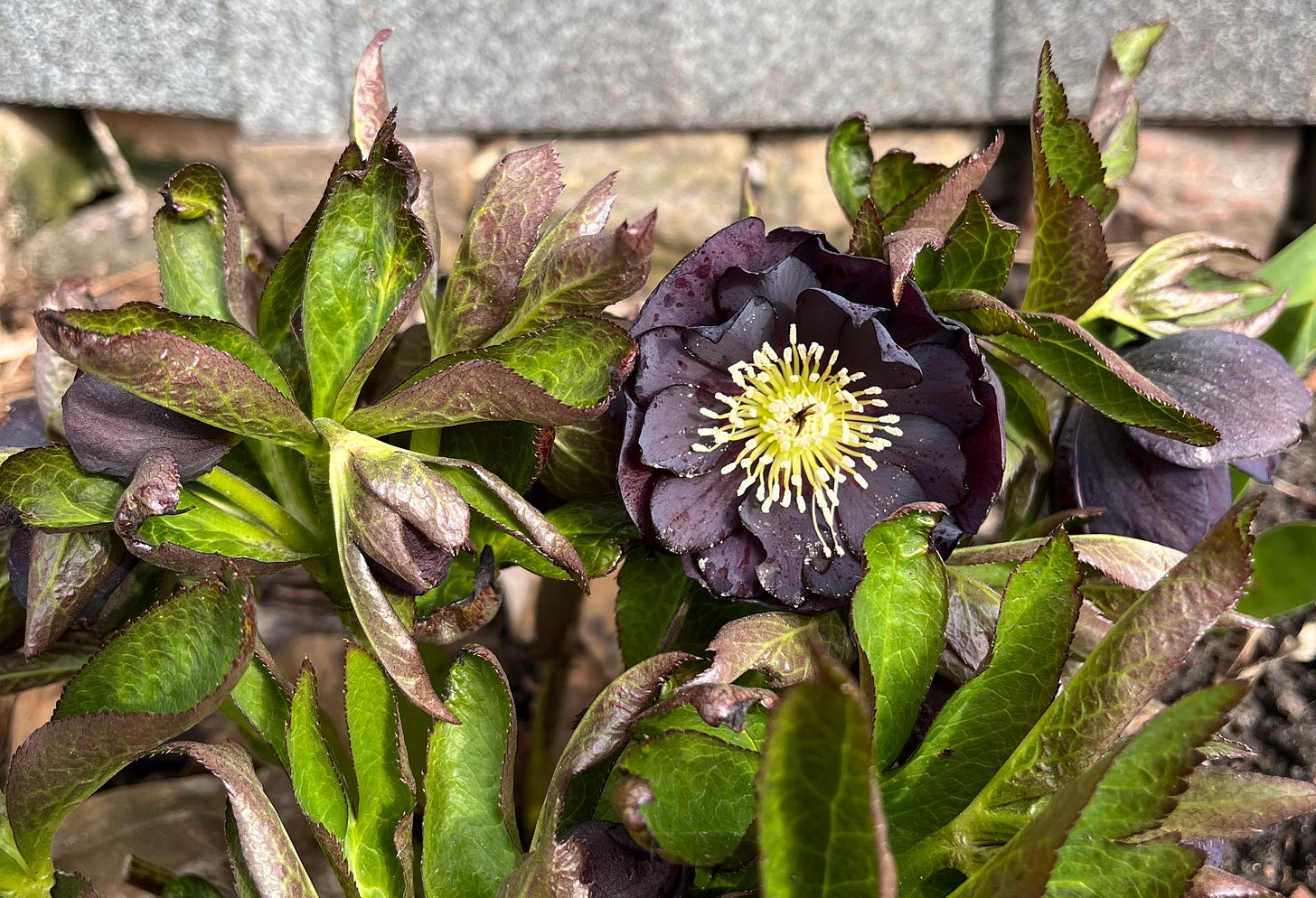
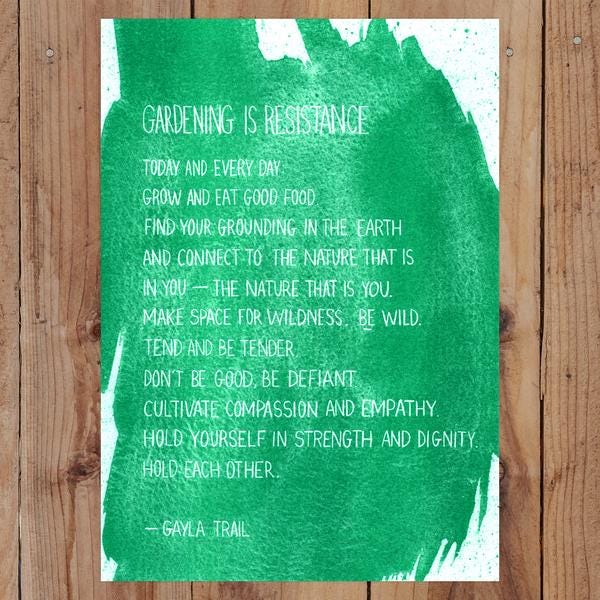
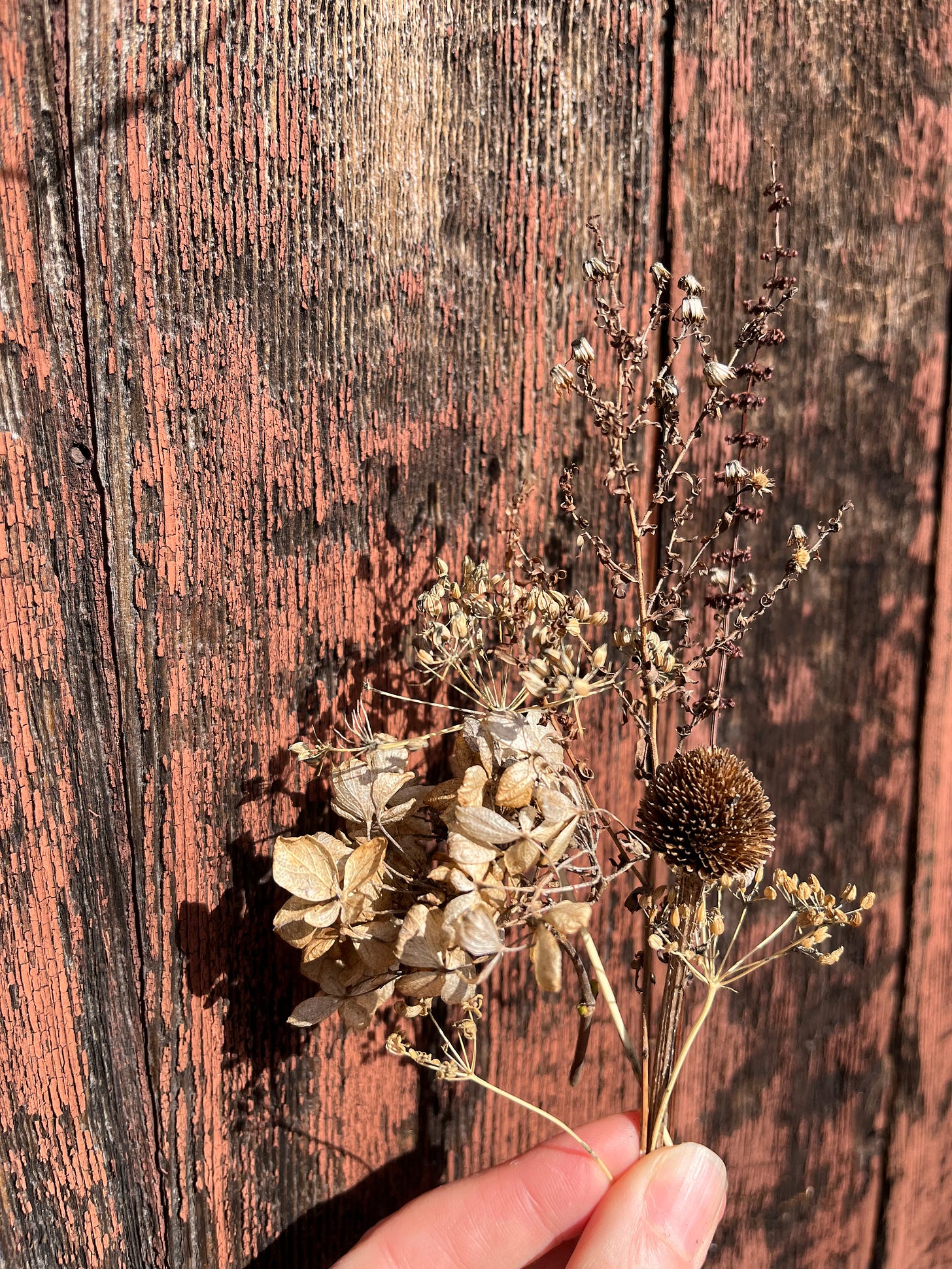

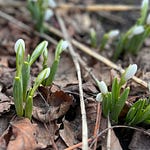
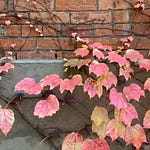
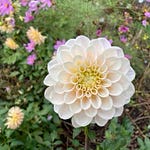

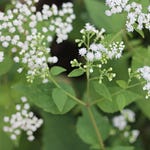
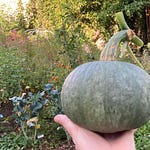
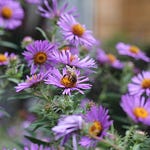
Share this post